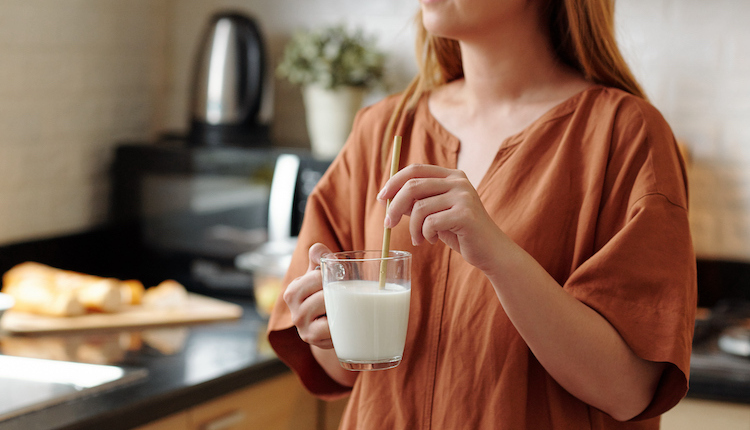
That’s making effective federal policies especially crucial to industry well-being. Additional disaster assistance to producers and federal purchases of dairy products at a time when food needs in cash-strapped households is alarmingly real is an important part of stimulus discussions taking place. How these emergency programs are structured can make crucial differences in how, or even whether, farmers benefit.
Be heard
The central role federal policies play in the dairy economy, from farmer assistance and nutrition guidelines to international trade rules, makes it increasingly important for dairy farmers and advocates for dairy to speak up and make their voices heard. At the National Milk Producers Federation, we work hard every day to connect dairy farmers and their advocates to the crucial conversations that will shape the policies in which dairy can thrive.
On federal programs, it’s tough to predict right now the next phase in exactly how critical initiatives like USDA food purchases or direct payments to farmers may be set up as Congress and the White House work to hammer out agreements. But lawmakers need to hear from producers via NMPF’s call to action here. Signing up gives dairy advocates the chance to write their own representatives and senators and join in a common message that dairy should be a priority in any upcoming disaster assistance, given the second-quarter losses farmers have experienced and how essential the industry is to many rural communities.
Beyond disaster assistance, a more immediate deadline for action comes this Thursday, when a public comment period closes for the scientific report from which USDA and the Department of Health and Human Services will craft the latest Dietary Guidelines for Americans. The dietary guidelines provide the foundation for federal nutrition policies, including the school lunch program, a major consumer of dairy. In the long term, its importance is no less than that of COVID-19-related federal assistance.
Speak up for full-fat dairy
Dairy can find much to like in the report, which states that 88% of Americans don’t consume enough of our product. Anyone who wants to add their thoughts to a pro-dairy message can comment on the docket via the NMPF website here. Although there’s much to applaud in the latest recommendations, there’s also more work to be done — while the science on milkfats is moving in directions that better reflect the role whole milk can play in a healthy diet, the dietary guidelines recommendations aren’t there yet. Dairy producers need to encourage federal officials to heed that science in 2020 and help build that momentum for future guidelines as well.
Finally, not every participation in federal policy discussions involves writing someone. Sometimes it’s about taking the opportunity to talk over an issue while inviting press and policymakers to hear out farmers’ viewpoints. This summer and into the fall, NMPF and the U.S. Dairy Export Council have joined with Farmers for Free Trade and other agricultural organizations on “AgTalks,” a virtual town hall series. With county and state fairs being canceled nationwide, AgTalks is providing a new forum for farmers, ag businesses, and policy leaders to discuss solutions to challenges on trade, supply chains, and global competitiveness.
The series of five events, focused in Iowa, Michigan, Minnesota, Pennsylvania, and Wisconsin, gives farmers a chance to participate directly in insightful discussions on trade and its importance to rural economies. Sheryl Meshke, co-president and CEO of Associated Milk Producers Inc., an NMPF member, gave voice to dairy’s needs as a panelist on the Minnesota town hall last week. NMPF and USDEC will co-host a dairy-focused town hall in Wisconsin on September 1 that will also feature some of our co-op leaders; we hope you’ll join, too. Registration information for the events is available here.
Despite the isolation of a socially distanced world and the inability to meet in person as in years past, it’s still possible to engage — and in fact, the same circumstances that make interaction more difficult also make that outreach more important. Tools to speak up are available and crucial as well. They’re there for dairy advocates to use them. Please speak up!








